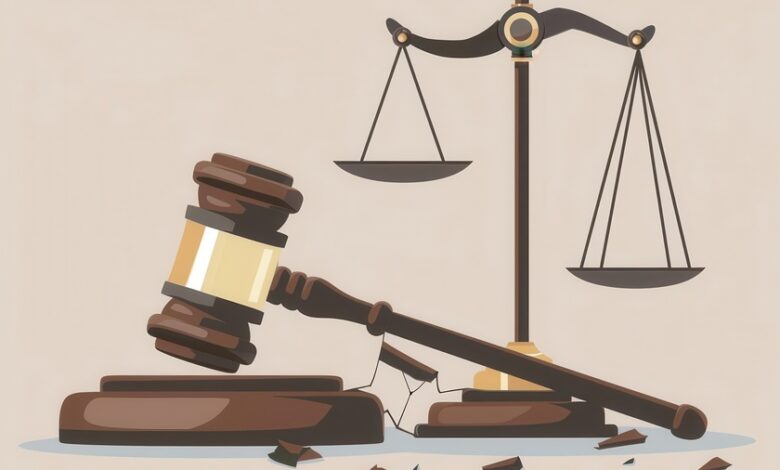Moving to a New State Doesn’t Protect a Judgment Debtor

Judgment debtors had been known to try all sorts of things to avoid having to pay. Sometimes they think up their crazy schemes on their own. Other times, they are advised by their attorneys. A strategy often seen among serial debtors is picking up and moving to a new state. If you are a judgment creditor, know this: moving to a new state doesn’t protect a debtor.
It’s easy for a creditor to just give up on a debt after a debtor has moved out-of-state. The creditor might assume that a debtor is out of reach after the move. But that’s not always true. Creditors still have legal recourse even when debtors cross state lines. It’s a matter of understanding the law and applying it correctly.
Civil Judgments Are State Matters
Although there are exceptions to the rule, civil judgments tend to be state matters. They are decided in county courts and governed by state law. Therefore, there is no federal prohibition against following judgment debtors to new states in an attempt to collect. Still, there are procedures to follow.
Domesticating the Judgment
The first step in collecting from a debtor who has moved out-of-state is known as domestication. Domestication is the process of having a judgment recognized in a new state. It is just a matter of filing paperwork with a county court.
Let us say you were chasing down a debtor who moved to Salt Lake County, Utah. You wanted to enlist the help of Salt Lake City-based Judgment Collectors. Before they could get started, you would have to file paperwork with the Salt Lake County court system to record your original judgment with them.
You would file the necessary paperwork that includes a copy of the original judgment. You would also pay a fee. As soon as the court clerk officially recorded your judgment, Judgment Collectors could get started working on your case.
After Domestication
Following domestication, a creditor can resume collection efforts in accordance with state law. State law matters because what was allowed in the debtor’s original state might not match up with what is allowed in the new state. Collection efforts must adhere to the laws of whatever state they are being exercised in.
In addition to state law, there are other challenges:
- Locating debtor assets in the new state might be more difficult.
- The new state may have a different statute of limitations on collection.
- Disputes between in-state and out-of-state creditors may arise.
It is in a judgment creditor’s best interest to act as quickly as possible to pursue a debtor who has crossed state lines. This includes domestication at the first opportunity. While domestication is being worked on, the creditor or its representatives can start searching for debtor assets in the new state.
Professional Help Is a Smart Move
Enlisting professional help is generally a good idea for collecting judgments. It’s a very smart move when domestication in a new state is involved. The options for professional help include:
- Attorneys
- Collection agencies
- Skip tracers
- Private detectives
If it were me, I would hire an agency like Judgment Collectors. I would want an agency that specializes exclusively in judgments; an agency that knew how to employ skip tracing and other investigative techniques ideally suited for locating debtors and their assets.
If you are a judgment creditor facing a debtor who has decided to skip town, don’t assume your collection efforts are dead. Even debtors who move out-of-state can be pursued through domestication and continued collection efforts. Do not simply throw up your hands and admit defeat. You still have options.




